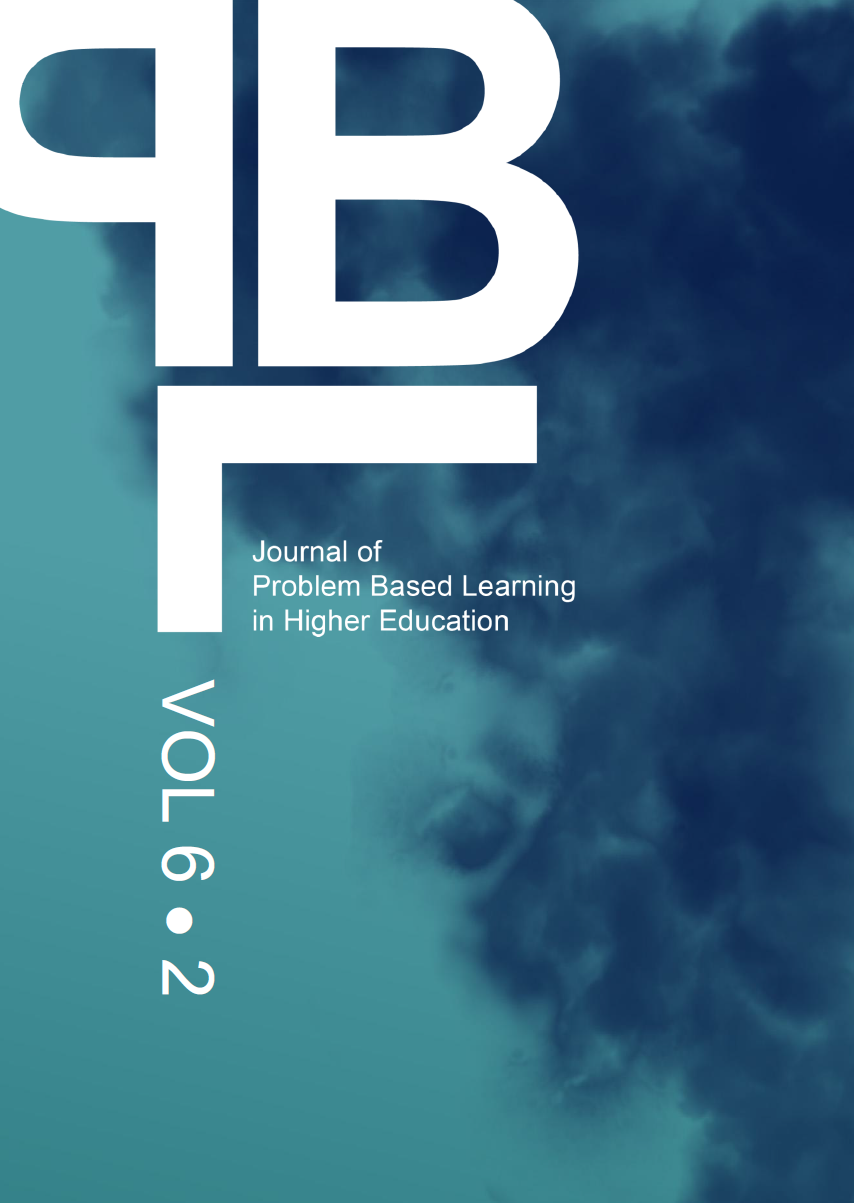Abstract
A project-based course is where students engage in a series of projects, which help lead students to a defined level of skill as specified in the course goals. Unlike a traditional lecture course where students are given examinations to assess the level of student knowledge and understanding, a project-based course may not include any formal examination. The assessment of student progress is often based on the quality of course projects. For this research, students in project-based courses were given a formal exam at the end of the course. The objective of the exam was to determine if there was a discrepancy between student performance on the exam and their projects. While the majority of students performed remarkably similarly on their exam and projects, a number of students (25%) did perform quite differently. This study demonstrated that examinations are still a critical tool for assessing student skill level in project-based courses.A project-based course is where students engage in a series of projects, which help lead students to a defined level of skill as specified in the course goals. Unlike a traditional lecture course where students are given examinations to assess the level of student knowledge and understanding, a project-based course may not include any formal examination. The assessment of student progress is often based on the quality of course projects. For this research, students in project-based courses were given a formal exam at the end of the course. The objective of the exam was to determine if there was a discrepancy between student performance on the exam and their projects. While the majority of students performed remarkably similarly on their exam and projects, a number of students (25%) did perform quite differently. This study demonstrated that examinations are still a critical tool for assessing student skill level in project-based courses.References
Adderley, K., Askurin, C., Bradbury, P., Freeman, J., Goodlad, S., Greene, J., . . . Uren, O. (1975). Project Methods in Higher Education. London: Society for Research into Higher Education.
Angelo, T. A., & Cross, K. P. (1993). Classroom Assessment Techniques: A Handbook for College Teachers (Second Edition ed.). San Francisco: Jossey-Bass, Inc.
Freeman, S., Eddy, S. L., McDonough, M., Smith, M. K., Okoroafor, N., Jordt, H., & Wenderoth, M. (2014, June 10). Active Learning Increases Student Performance in Science, Engineering, and Mathematics. Proceedings of the National Academy of Sciences of the United States of America, 111(23), 8410-8415. Retrieved from http://www.pnas.org/content/111/23/8410
Heitmann, G. (1996, June). Project-Oriented Study and Project-Organized Curricula: A Brief Review of Intentions and Solutions. European Journal of Engineering Education, 21(2), 121-132.
Kilpatrick, W. H. (1921). Dangers and Difficulties of the Project Method and How to Overcome Them: A Symposium (2nd Edition ed.). New York, New York: Columbia University Press.
Morgan, A. (1983). Theoretical Aspect of Project-Based Learning in Higher Education. British Journal of educational Technology, 14(1), 66-78.
Popham, W. J. (2003). Test Better, Teach Better: The Instructional Role of Assessment. Alexandria, VA: ASCD Publications.
Rau, W., & Durand, A. (2000, January). The Academic Ethic and College Grades: Does Hard Work Help Students to 'Make the Grade'? Sociology of Education, 73(1), 19-38.
Angelo, T. A., & Cross, K. P. (1993). Classroom Assessment Techniques: A Handbook for College Teachers (Second Edition ed.). San Francisco: Jossey-Bass, Inc.
Freeman, S., Eddy, S. L., McDonough, M., Smith, M. K., Okoroafor, N., Jordt, H., & Wenderoth, M. (2014, June 10). Active Learning Increases Student Performance in Science, Engineering, and Mathematics. Proceedings of the National Academy of Sciences of the United States of America, 111(23), 8410-8415. Retrieved from http://www.pnas.org/content/111/23/8410
Heitmann, G. (1996, June). Project-Oriented Study and Project-Organized Curricula: A Brief Review of Intentions and Solutions. European Journal of Engineering Education, 21(2), 121-132.
Kilpatrick, W. H. (1921). Dangers and Difficulties of the Project Method and How to Overcome Them: A Symposium (2nd Edition ed.). New York, New York: Columbia University Press.
Morgan, A. (1983). Theoretical Aspect of Project-Based Learning in Higher Education. British Journal of educational Technology, 14(1), 66-78.
Popham, W. J. (2003). Test Better, Teach Better: The Instructional Role of Assessment. Alexandria, VA: ASCD Publications.
Rau, W., & Durand, A. (2000, January). The Academic Ethic and College Grades: Does Hard Work Help Students to 'Make the Grade'? Sociology of Education, 73(1), 19-38.
Articles published in Journal of Problem Based Learning in Higher Education are following the license Creative Commons Attribution 4.0 (CC-BY)
Authors retain copyright and grant the journal right of first publication with the work simultaneously licensed under a Creative Commons Attribution 4.0 International License (CC-BY). Further information about Creative Commons
